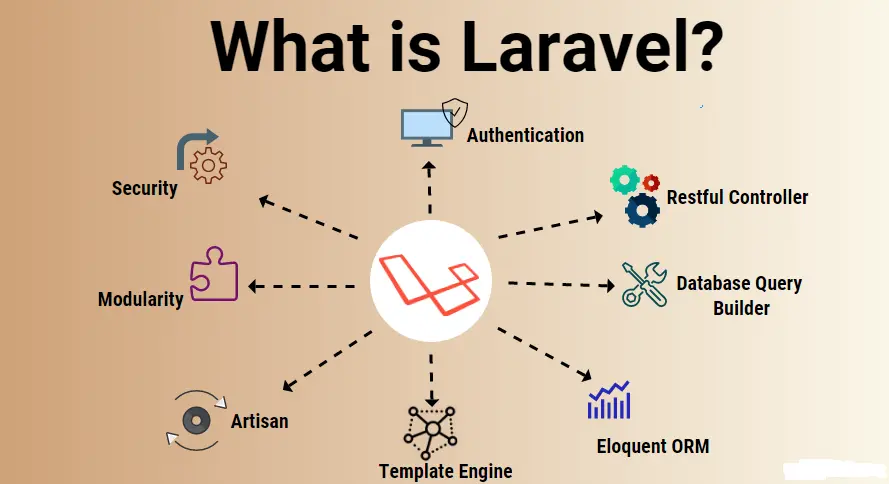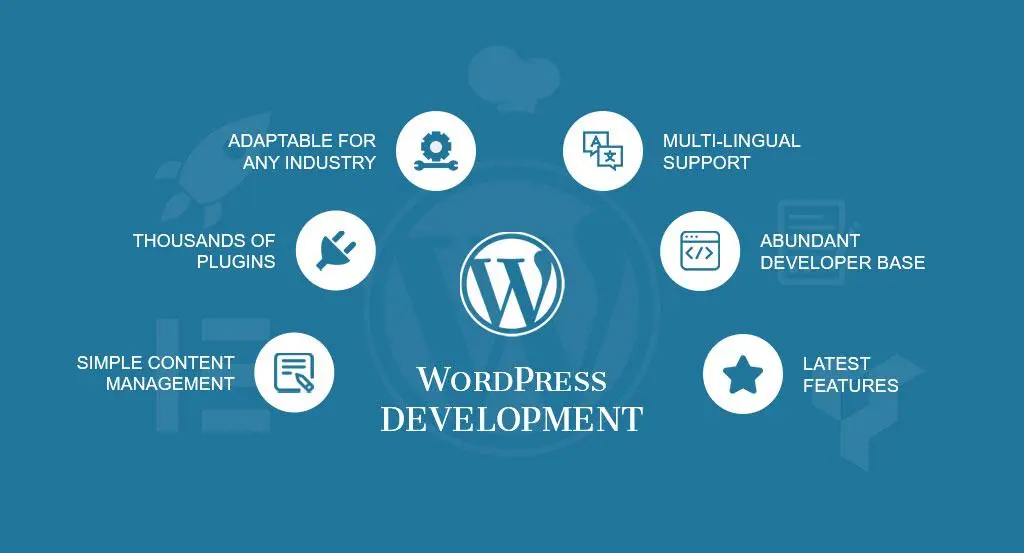Although both Laravel and WordPress are well-known web development frameworks, their functions and advantages differ. Lets try and evaluate the two based on their purpose of development, approach to web design and their ease of use on customization and flexibility.
Purpose:
Laravel: Laravel is a PHP-based, feature-rich web application framework. It is made for creating web applications that are stable, scalable, and maintained.
WordPress: WordPress is mainly a PHP-based content management system (CMS). It is frequently used to build webpages, blogs, and other online apps.
Approach:
Laravel: Laravel follows the MVC (Model-View-Controller) architectural pattern, which offers a systematic method for application development, in its development methodology. For creating complicated web applications, it provides strong routing, database abstraction, ORM (Object-Relational Mapping), and a variety of features.
WordPress: WordPress adheres to a more conventional and straightforward method of site creation. The website has a template-based design, and themes and plugins are used to alter the way it works and looks.
Customization and Flexibility:
Laravel: Laravel provides a great degree of customization and flexibility. Developers may create applications from scratch with complete control over the coding and database architecture thanks to the modular framework it offers.
WordPress: Within its CMS structure, WordPress offers extensive customization. It provides a broad selection of themes and plugins that enable users to change the look and functionality of their websites without having a deep understanding of coding
Learning Curve:
Laravel: When compared to WordPress, Laravel has a higher learning curve. It necessitates a thorough knowledge of PHP and web development principles. However, Laravel provides fantastic documentation and a welcoming community that may aid developers in becoming proficient.
WordPress: WordPress offers a manageable learning curve, especially for people with rudimentary expertise of web building. It includes an intuitive user interface and a big collection of beginner-friendly information.
Scalability:
Conclusion:


